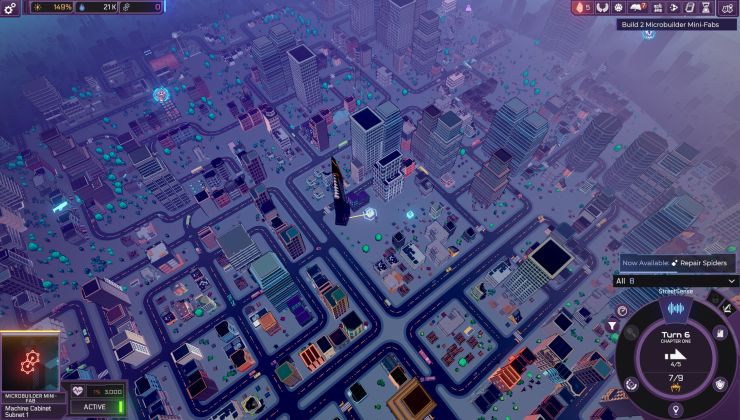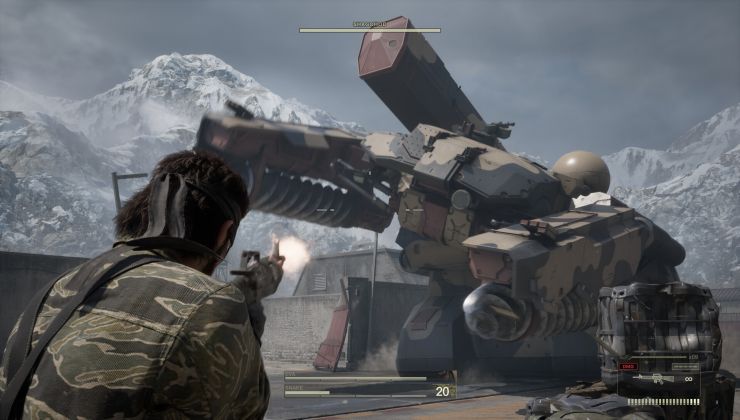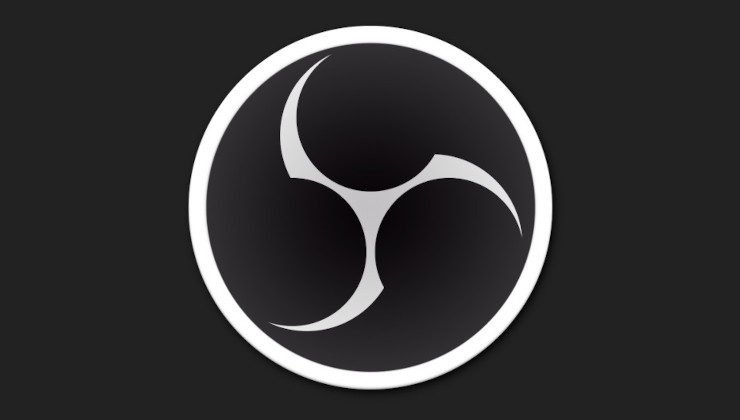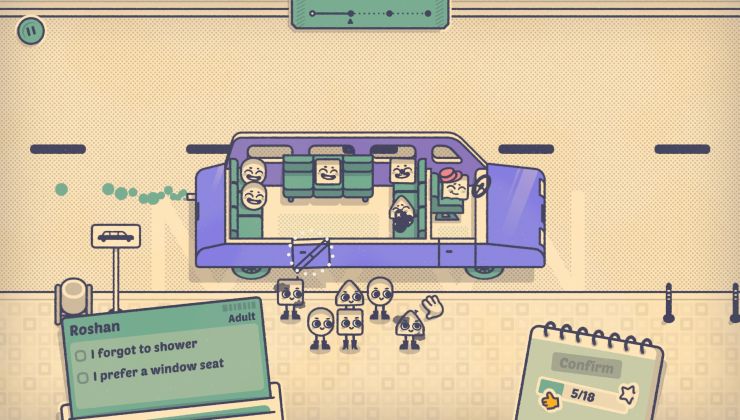Canonical have decided to deprecate the fglrx driver in Ubuntu 16.04. This is hardly surprising news as fglrx, which has always been renowned for being a pain, has steadily becoming more and more of a problem on modern Linux distributions. Even Debian with its tentatively updated packages has surpassed the official system requirements for fglrx.
Ubuntu is one of the last distributions to have had support for it, and to make that happen Canonical had been patching the driver files themselves to get it to compile against current versions of X and Linux. The most recent version of Ubuntu that is officially supported by AMD is 12.04.
AMD are expected to release the new Catalyst Linux driver sometime in the summer, which will be based on the AMDGPU open source driver. However it will still have limited support and will not cover the majority of AMD Linux users needs, as AMDGPU is still very much a work in progress.
Ubuntu will now be using the open source drivers for AMD GPUs as other distros are doing. But for now those drivers are also still a work in progress, and functionality is hit and miss depending on your GPU when it comes to gaming.
In my own systems that run on APUs, gaming is sadly impossible for the moment on the open source drivers, but hopefully things will start to change on that front in the coming months.
As always with Linux you can install it yourself, but it will probably be a nightmare in this case. I gave up after many attempts, but best of luck too you though if that is your plan, I hope you're familiar with the rescue terminal :D.
Most Linux gamers will be unaffected by all this, as the majority of us use Nvidia. But I can't help but wonder how many potential new Linux gamers will be turned off of the platform during this AMD limbo period. As a lot of newbie users go to Ubuntu, and a lot of off the shelf systems these days ship with APUs.
Sources:
http://www.phoronix.com/scan.php?page=news_item&px=Ubuntu-16.04-Dropping-fglrx
https://wiki.ubuntu.com/XenialXerus/ReleaseNotes#fglrx
http://support.amd.com/en-us/download/desktop?os=Linux+x86_64
Ubuntu is one of the last distributions to have had support for it, and to make that happen Canonical had been patching the driver files themselves to get it to compile against current versions of X and Linux. The most recent version of Ubuntu that is officially supported by AMD is 12.04.
AMD are expected to release the new Catalyst Linux driver sometime in the summer, which will be based on the AMDGPU open source driver. However it will still have limited support and will not cover the majority of AMD Linux users needs, as AMDGPU is still very much a work in progress.
Ubuntu will now be using the open source drivers for AMD GPUs as other distros are doing. But for now those drivers are also still a work in progress, and functionality is hit and miss depending on your GPU when it comes to gaming.
In my own systems that run on APUs, gaming is sadly impossible for the moment on the open source drivers, but hopefully things will start to change on that front in the coming months.
As always with Linux you can install it yourself, but it will probably be a nightmare in this case. I gave up after many attempts, but best of luck too you though if that is your plan, I hope you're familiar with the rescue terminal :D.
Most Linux gamers will be unaffected by all this, as the majority of us use Nvidia. But I can't help but wonder how many potential new Linux gamers will be turned off of the platform during this AMD limbo period. As a lot of newbie users go to Ubuntu, and a lot of off the shelf systems these days ship with APUs.
Sources:
http://www.phoronix.com/scan.php?page=news_item&px=Ubuntu-16.04-Dropping-fglrx
https://wiki.ubuntu.com/XenialXerus/ReleaseNotes#fglrx
http://support.amd.com/en-us/download/desktop?os=Linux+x86_64
Some you may have missed, popular articles from the last month:
All posts need to follow our rules. For users logged in: please hit the Report Flag icon on any post that breaks the rules or contains illegal / harmful content. Guest readers can email us for any issues.




 How to set, change and reset your SteamOS / Steam Deck desktop sudo password
How to set, change and reset your SteamOS / Steam Deck desktop sudo password How to set up Decky Loader on Steam Deck / SteamOS for easy plugins
How to set up Decky Loader on Steam Deck / SteamOS for easy plugins
http://www.opengamebenchmarks.org/accounts/profile/91
As long as I have access to Windows in dual-boot, I'd never pick Nvidia. Nvidia driver is too much pain overall (not to mention that it's also the most aggressive, unlikeable, and opensource unfriendly company out there). Radeon driver just works, most games work fine, and for the few ones that don't, I reboot and play in Windows. And AMD needs some support for moving things in the right direction.
Building the packages can be done easily from said rescue terminal if you end up in a worst case scenario. I haven't used the official ubuntu packaged version of fglrx in ages. (I haven't upgraded from 14.04 yet either though.)
For ordinary cases, I feel this is handled quite optimal, at least on Debian. "apt-get install nvidia-driver". Handles kernel updates gracefully as well.
Nice profile you have there!
True, but working hard on something you intend to deliver at some unspecified point in the future isn't going to help sway Windows 10 refugees when they want to dip their toe in the Linux lake and test the waters.
AMD has been promising "something better, soon" for... years?
I'm buying a new graphics card, probably after the summer. Time will tell what I go with, but while I'd love to be proven wrong, I wouldn't bank on it being AMD.
Additionally, it's very refreshing to see Intel take the kernel driver approach. Now if only their GPUs were powerful enough for high end UHD gaming.
You mean like you can with the AMD driver now
Had an AMD card since the 5870 days, I either go to the repo and install from there or go to AMD site , double click, enter root pass then install.
Ok I admit the 4xx kernel bugged on the 15.11s but was fixed with the 15.12's iirc. Mageia don't tend to jump straight onto the latest kernel though.
Know idea if you still have to kill X server for the nv driver to install.
Not to worry, I'm sure somebody in the community will package up the driver. If not like I said you can always install it yourself. If you struggle to do so when its time then hop onto the GOL IRC channel and I'll give you a hand. I'm usually floating about there.
Also, Intel tends to get a lot of praise for their open source Linux drivers. Feature-wise the open source AMD drivers are [quite similar](https://mesamatrix.net/), what I'd consider a big plus point regarding the suitability of the AMD open source drivers for everyday usage.
The main drawback of the open source drivers is currently OpenCL, where important features such as image support are still missing, so if one is using OpenCL applications, one might have bad luck getting them to work with the open source AMD drivers.
GRID doesn't run with Mesa 11.1.x, but afaik it runs pretty well with 11.2, which should be released [in a few days](https://phoronix.com/scan.php?page=news_item&px=Mesa-11.2-RC3-Released).
For others mentioning the intel drivers and "refreshing" kernel approach, it's partly refreshing, partly a pain, especially while they're undergoing heavy changes as they do now with the atomic state handling (for quite some time already) and the legacy code (update/disable hooks). We're talking about a year ago, and it's still not done (yet), and won't be done some time in the future, causing major pain on intel drivers. AMD is undergoing a similar change, basically completely rewriting their drivers, which is most likely what the Intel guys have been doing the past year(s) - or try to do.
The chips are very complicated, and so are the drivers. The base architecture of the drivers sometimes proves to be an issue for future development for modern chips.
Either NVidia had the right driver design, or they put a load on manpower/money on that issue to get it done very early maybe pursuing the goal of providing super computers with nvidia chips. They got themselves quite an advantage over their competitors by that, even only providing proprietary drivers.
Still - ATI had better hardware most of the time but I did switch to nVidia just because of their better driver support on linux - even Linus doesn't like there closed behavior, the driver performance is good. :)
I hope Vulkan and the new driver will be a game changer! I'd love to switch back to the company I like more. Please do gimme the chance to do so!
We exclusively use Archlinux. That one poster who dual booted to Windows on AMD for games that didn't run on Linux was interesting but I would rather be 100% Linux.
I would have loved to have bought some AMD 390's and gained the open source driver advantages of running things like Plymouth and having better TTY state changes and preservation of GPU over state changes. However this time last year I couldn't justify throwing $800 into AMD and getting a buggy problematic experience. Maybe for their HSA APU's which are open source but not for their GPU's.
I guess I want games on Linux and I want it now, and I want it to run good so even though I loose 30-50% performance on the GTX 970's they perform adequately.
I would love for our next cards to be AMD, however AMD is going to have to give me driver reasons to make the jump, not just Ideological or being Technically superior in hardware specs.
Real World Performance equaling or trumping nVidia in Open Driver needs to outweigh the loss of games that don't run well on AMD Linux.
Once the basis of hybrid stack is done, we'll see the improvements coming. I've heard that a part of Catalyst team is working on AMDGpu as well.
I made my mind, next hardware change I'll go team red for sure.
I agree, the amount of games that just outright don't bother supporting AMD is both terrifying and understandable.
I really wish AMD had maintained Catalyst until the new drivers were ready. I never used to have a problem installing it until around the time of Fedora 21, then it suddenly became a huge bitch to get working and got worse with every subsequent release.
I did actually email AMD about it and their response was basically "have you tried Radeon Software?". Which yes, yes I have, it just says my chipset isn't supported, even though the release notes say it is. Catalyst just breaks X.
At that point after much f**ktwattery trying to get my APU to play ball, I just gave up and built an Nvidia based gaming rig, which I couldn't be happier with graphically speaking. It just works its like magic :P.
I did notice a few games don't work. Ark, Dead Island, Dying Light and Shadow or Mordor all have problems. The first three just crash (just because they aren't well made, or - in the case of Ark - are still in early access), and the last one works but has a lot of missing textures (presumably something to do with the lack of OpenGL 4.2 support in Mesa).
And that is the only significant problem with amdgpu today; only OpenGL 4.1 is supported, which isn't enough for some of the recent releases. When Mesa gets that sorted (or when AMD's proprietary stack for amdgpu is released), AMD's driver will be far superior to Nvidia's in a lot of ways. But as it stands today, almost all games seem to work fine with amdgpu - assuming you have a card based on GCN 1.2 or higher. Otherwise... yeah that sucks.